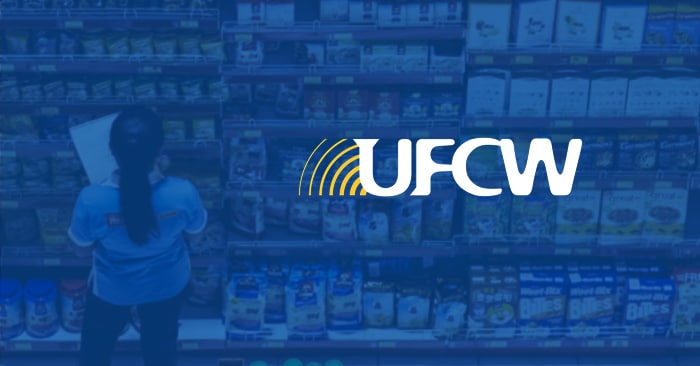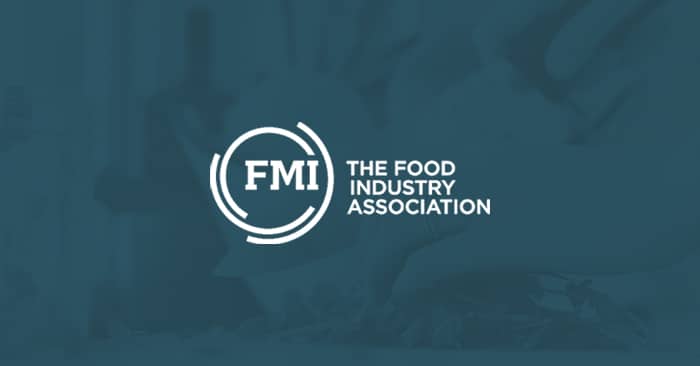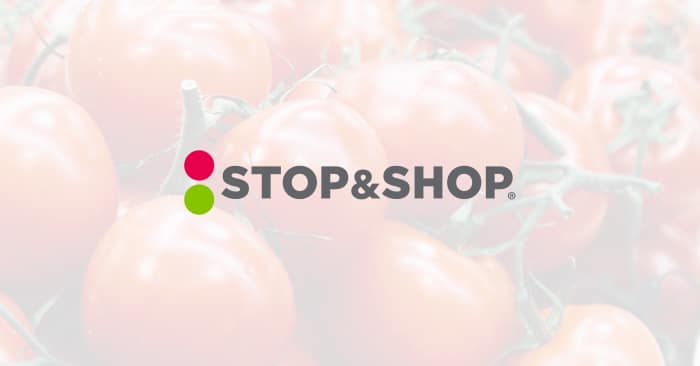The Checkout: UFCW Urges Congress to Protect Workers; Instacart Raises $225M
Welcome to The Checkout: an express lane for weekly news you need to know, always 10 items or less.

UFCW Calls on Congress to Protect Essential Workers
In a hearing Wednesday, the United Food and Commercial Workers International Union (UFCW) urged Congress to enact further protections for essential workers, including in grocery stores and meatpacking facilities. In its testimony during the U.S. House Oversight and Reform Committee’s hearing,“No Worker Left Behind: Legislation Honoring Essential Workers,” UFCW International president Marc Perrone made clear the need for increased protections for essential workers, including in grocery and meat production plants.
“Jobs that face high risk, as these do in the COVID-19 world we are living in, must be provided the protections, benefits, and wages that reflect that high health risk,” Perrone said.
Perrone added that 225 of UFCW’s members have died from COVID-19 while 29,000 have been sick or exposed to the virus. At the same time, he said, millions of workers who lack paid sick days and family and medical leave face “the devastating choice between risking their own health or risking the loss of a paycheck or job.” While some retailers have instilled additional measures to protect workers, others have failed to do so, he said.
The legislation calls for compensation for the families of workers who die from COVID-19 or related complications, a cash benefit to essential workers who are hospitalized and recover, and uniform paid sick leave policies. The latter would serve as an expansion of benefits provided under the Families First Coronavirus Response Act. Meatpacking and food processing facilities would be required to give free COVID-19 testing, free personal protective equipment, and protect workers who speak out about safety issues from retaliation.
The UFCW, which represents 1.3 million workers across grocery retail, food processing and other industries, has been vocal about these issues throughout the pandemic. In an April survey, the organization found that 85% of grocery workers said consumers were not observing social distancing in stores. The union has partnered with retailers, including Kroger and Albertsons, to push government leaders for better protections.
Instacart Raises $225M Amidst “Surge” in Demand
Grocery app Instacart has raised $225 million in a new financing round led by DST Global and General Catalyst, along with existing investor D1 Capital Partners.
In a release yesterday, the company said the investment increases its valuation to $13.7 billion as it’s still experiencing “an unprecedented surge” in grocery delivery and pickup after the COVID-19 pandemic “changed the rhythm of life” in North America. To meet the demand, the app has doubled its shopper workforce to more than 500,000 and partnered with over 400 retailers covering 30,000 stores. The company’s further plans to add Advertising and Enterprise options, scale its technology and operations and provide more support for its shopper network.
FMI Grocery Shopper Trends Before, During and After the Pandemic
Trade group the Food Industry Association (FMI) this week released its annual U.S. Grocery Shopper Trends report, which reviewed consumer habits before and during the pandemic — with a look at what’s to come as well.
The report, prepared by the Hartman Group, found that before the pandemic, shoppers made 2.7 grocery trips per household per week, which increased to 3.6 times per week in March. During that time, 40% of shoppers reported visiting fewer stores to meet their needs, and many abandoned store trips altogether in favor of online channels; online grocery spend increased from 14.5% of all grocery spending in January and February to 27.9% in March and April.
For 41% of shoppers, sheltering in place meant cooking at home more than usual, with 35% doing at least six days per week. Additionally, 48% of Gen Z and millennials adopted healthier eating habits due to the pandemic. Moving forward, in-store grocery shopping will likely return to pre-pandemic patterns while over 25% of consumers will order more online, FMI president and CEO Leslie Sarasin said in a release.
“Whatever comes next, we know the supply chain is tremendously resilient and that we can flex, pivot and accommodate the demands of the nation’s grocery shoppers,” Sarasin said.
Stop & Shop and King Kullen Merger Off After “Unanticipated Challenges”
On Wednesday, retailer Stop & Shop announced it has cancelled its planned acquisition of New York-based retailer King Kullen’s as originally announced in December 2018.
Massachusetts-based Stop & Shop, which owns over 400 stores in the Northeast, including locations in New York, would have acquired 29 King Kullen’s locations in Long Island, New York, along with five Wild by Nature stores and the company’s corporate office. However, shifts in the marketplace, mainly driven by the COVID-19 pandemic, have caused a change of plans, the retailer said.
“Both companies have put forth an incredible amount of effort to work through unanticipated challenges that have arisen, and we regret that we’re not able to move forward,” Stop & Shop president Gordon Reid said in a release. “Stop & Shop remains committed to the Long Island community, to serving our customers in the market well, and to investing in our associates and our stores in Nassau and Suffolk Counties.”


















